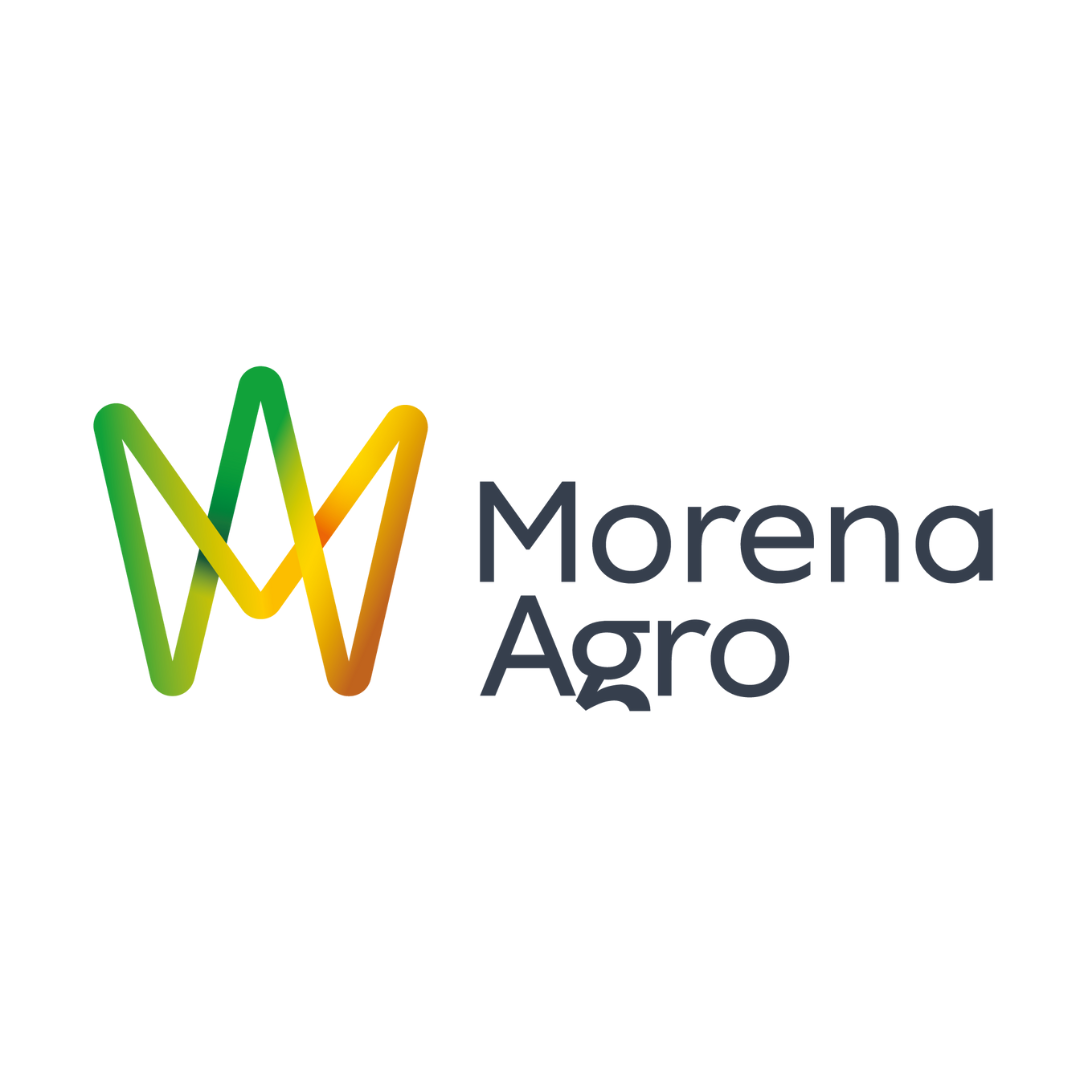

Morena Agro

Mato Grosso, Brazil
October 2022
Growing non-perennial crops
Agriculture/Growers
Brazil
Cultivando histórias, colhendo um amanhã sustentável. Morena Agro é a nossa contribuição para um agronegócio bem-feito e sustentável Desde nossa fundação em 1989, em Campo Novo do Parecis (MT), carregamos a missão de produzir alimentos com tecnologia de ponta, inovação constante e um compromisso inabalável com a sustentabilidade. Ao longo dos anos, ampliamos nosso alcance para além do cultivo, integrando pecuária e silvicultura. Morena Agro é a evolução de um legado que há mais de 3 décadas transforma desafios em oportunidades no agronegócio. Somos uma força que une tradição, progresso, ética e futuro. Reforçamos nossa essência como referência no agronegócio brasileiro, preservando nossas raízes e avançando com uma visão ousada, pautada pelos nossos valores já consolidados de otimismo, respeito, transparência e paixão pelo trabalho. Em 2024, chega o momento da nossa história, da nossa marca, olhar para o horizonte, evoluir ao invés de envelhecer, se conectar no lugar de esperar, abraçar o futuro e dar um novo passo para uma perspectiva maior. Nasce a Morena Sementes! Com a missão de criar uma relação de encantamento com os nossos clientes através de entregas de produtos da mais alta qualidade. Estamos prontos para cultivar o futuro com paixão e responsabilidade, conectando pessoa
Overall B Impact Score
Governance 13.9
Governance evaluates a company's overall mission, engagement around its social/environmental impact, ethics, and transparency. This section also evaluates the ability of a company to protect their mission and formally consider stakeholders in decision making through their corporate structure (e.g. benefit corporation) or corporate governing documents.
What is this? A company with an Impact Business Model is intentionally designed to create a specific positive outcome for one of its stakeholders - such as workers, community, environment, or customers.
Workers 26.9
Workers evaluates a company’s contributions to its employees’ financial security, health & safety, wellness, career development, and engagement & satisfaction. In addition, this section recognizes business models designed to benefit workers, such as companies that are at least 40% owned by non-executive employees and those that have workforce development programs to support individuals with barriers to employment.
Community 15.6
Community evaluates a company’s engagement with and impact on the communities in which it operates, hires from, and sources from. Topics include diversity, equity & inclusion, economic impact, civic engagement, charitable giving, and supply chain management. In addition, this section recognizes business models that are designed to address specific community-oriented problems, such as poverty alleviation through fair trade sourcing or distribution via microenterprises, producer cooperative models, locally focused economic development, and formal charitable giving commitments.
Environment 24.1
Environment evaluates a company’s overall environmental management practices as well as its impact on the air, climate, water, land, and biodiversity. This includes the direct impact of a company’s operations and, when applicable its supply chain and distribution channels. This section also recognizes companies with environmentally innovative production processes and those that sell products or services that have a positive environmental impact. Some examples might include products and services that create renewable energy, reduce consumption or waste, conserve land or wildlife, provide less toxic alternatives to the market, or educate people about environmental problems.
Customers 1.2
Customers evaluates a company’s stewardship of its customers through the quality of its products and services, ethical marketing, data privacy and security, and feedback channels. In addition, this section recognizes products or services that are designed to address a particular social problem for or through its customers, such as health or educational products, arts & media products, serving underserved customers/clients, and services that improve the social impact of other businesses or organizations.